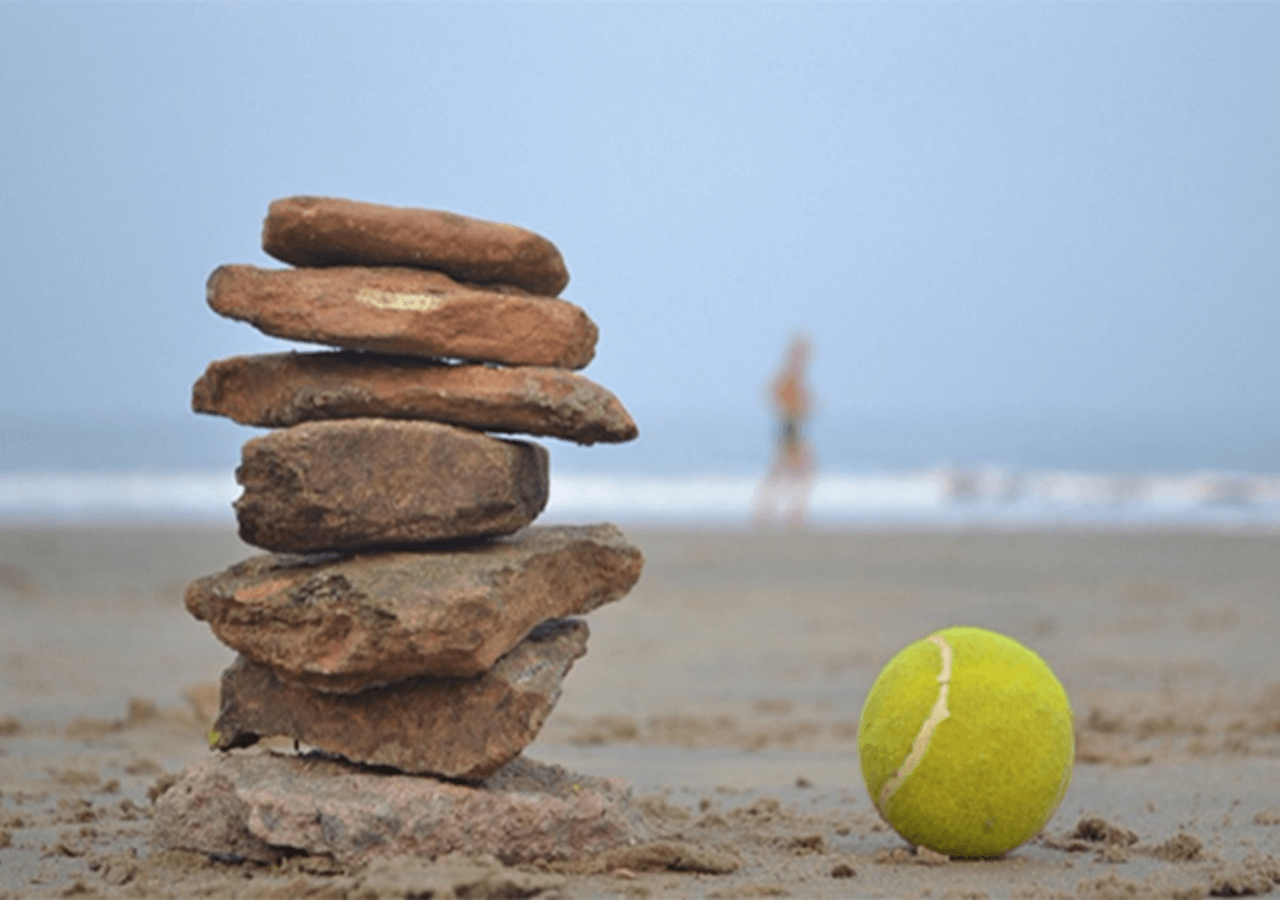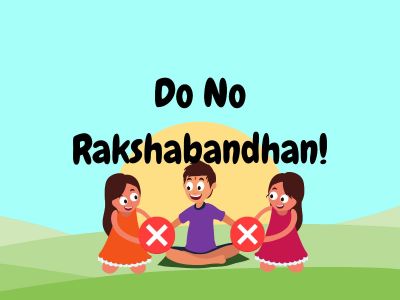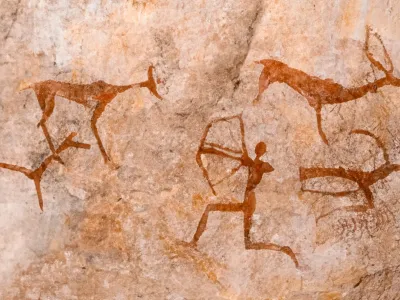Classic Indian Games That Shaped Our Ever Nostalgic Childhood

In today's screen-dominated world, classic childhood games like Ludo, Snakes and Ladders, and Gilli Danda play a vital role in child development. These timeless games offer numerous benefits, helping kids develop essential skills, connect with family and friends, and stay present.
Cognitive Development
- Problem-Solving: Games like Chess and Scrabble enhance strategic thinking and problem-solving skills.
- Memory and Focus: Board games require concentration and memory, improving cognitive functions.
- Language Skills: Word games expand vocabulary and improve language abilities.
Physical Development
- Motor Skills: Outdoor games like Hopscotch and Marbles enhance coordination and dexterity.
- Physical Activity: Active games like Tag and Kabaddi keep kids physically fit and healthy.
Social and Emotional Development
- Teamwork: Games like Red Rover and Kho Kho teach cooperation and teamwork.
- Patience: Board games instill patience and turn-taking.
- Resilience: Winning and losing build emotional resilience and sportsmanship.
Connecting with Family and Friends
- Family Bonds: Playing games together strengthens family relationships and creates lasting memories.
- Face-to-Face Interaction: Classic games encourage direct communication and emotional connections.
- Friendships: Games help kids make and strengthen friendships through shared experiences.
Staying Present and Mindful
- Mindfulness: Games like Jenga and Chess promote concentration and mindfulness.
- Reduced Screen Time: Traditional games provide a healthy alternative to screen time.
Classic childhood games offer fun and developmental benefits, helping kids grow while fostering connections and mindfulness. Encourage children to play these timeless games to reduce screen time and create enriching, memorable experiences.
Childhood is a time of exploration, imagination, and endless fun. Among the many activities that fill a child's days, playing games stands out as a cherished pastime. These games not only entertain but also teach valuable lessons and create lasting memories. Let's take a nostalgic journey through some of the most beloved childhood games, both indoor and outdoor, starting with Ludo and Snakes and Ladders.
List of Classic Indian Games Indoor and Outdoor
Indoor Games
Ludo
Ludo, a game that traces its origins to the ancient Indian game Pachisi, has been a staple in households for generations. Played on a square board with four colored quadrants, the objective of Ludo is simple yet thrilling: each player must race their four tokens from start to finish, navigating the board based on the roll of a die. The excitement peaks when a player lands on an opponent's token, sending it back to the starting point. This game of strategy and luck teaches children about taking turns, making decisions, and dealing with setbacks gracefully.
Snakes and Ladders
Another classic game with Indian origins is Snakes and Ladders, known as Saamp Sidi in Hindi. This board game is a metaphor for life's ups and downs, where players roll dice to advance their token along a numbered grid. Ladders offer a swift ascent to higher numbers, symbolizing fortunate breaks, while snakes send players tumbling down, representing unexpected challenges. The game's simplicity makes it accessible to young children, while its underlying message about life's unpredictability is appreciated by players of all ages.
Chess
Chess is a game of deep strategy and intellect. Played on an 8x8 board, each player commands an army of 16 pieces with the objective of checkmating the opponent's king. Chess develops critical thinking, foresight, and patience. It's a game that challenges the mind and offers endless tactical possibilities.
Carrom
Carrom is a popular board game in South Asia, played on a square board with a striker and small discs called carrom men. Players use the striker to pocket their colored carrom men and the queen, akin to pool but on a smaller, more intricate scale. Carrom enhances hand-eye coordination and precision.
Monopoly
Monopoly is a board game that teaches economic concepts like buying, trading, and managing property. Players navigate around the board, purchasing properties and charging rent, aiming to bankrupt their opponents. This game provides insights into financial strategy and negotiation.
Uno
Uno is a popular card game where players aim to be the first to score 500 points by playing cards that match the top card of the discard pile by either number or color. Special action cards like "Skip," "Reverse," and "Draw Two" add excitement and strategy to the game. Uno teaches children about matching, strategy, and handling winning and losing.
Jenga
Jenga involves players taking turns to remove one block at a time from a tower made of wooden blocks and placing it on top without causing the tower to collapse. This game tests players' hand-eye coordination, balance, and patience, providing a mix of excitement and tension.
Scrabble
Scrabble is a word game where players use lettered tiles to create words on a game board, earning points based on the letters used and their placement. This game enhances vocabulary, spelling, and strategic thinking, making it both educational and fun.
Outdoor Games
Hide and Seek
Hide and Seek is a universal favorite that needs no equipment, just a good hiding spot and a seeker. This game sharpens children's observational skills and teaches them the joy of discovery and the thrill of being found. It's a game that fosters physical activity and camaraderie among friends.
Tag
Tag is another outdoor game that has been passed down through generations. With various regional versions like freeze tag, flashlight tag, and shadow tag, the basic premise remains the same: one player is "it" and must chase and tag the other players. This game encourages physical fitness, quick reflexes, and social interaction.
Hopscotch
Hopscotch, a game that combines balance, coordination, and counting, is played by drawing a series of numbered squares on the ground. Players toss a small object, such as a stone, into the numbered spaces and then hop through the squares on one foot to retrieve it. This game is a great way for children to develop motor skills and engage in playful competition.
Marbles
Marbles, or "Kancha" as known in some regions, involves shooting small glass balls to hit a target. Players use their marbles to knock their opponents' marbles out of a designated area, claiming them as their own. This game hones hand-eye coordination, strategic thinking, and precision.
Red Rover
Red Rover is a team game that involves two lines of players facing each other. Players take turns calling out a member from the opposing team to run and break through their line. If successful, the runner takes a player back to their team; if not, they join the opposing team. This game emphasizes teamwork, strength, and strategy.
Dodgeball
Dodgeball is an energetic game where players try to hit opponents with a ball while avoiding being hit themselves. It's a fast-paced game that develops agility, coordination, and teamwork. Players must be quick on their feet and strategic in their throws and dodges.
Gitti Phod
Gitti Phod, a popular variation of "Kick the Can" in India, combines elements of hide and seek and tag. In this game, a small stack of stones (the "gitti") is placed in the center of a playing area. One player is designated as "it" and must protect the gitti while the other players hide. The objective for the hiders is to knock over the gitti with a ball and then run to reassemble it before being tagged by the seeker. If the seeker tags a player before the gitti is reassembled, that player becomes "it." This game enhances stealth, agility, and teamwork, providing endless fun and excitement.
Kho Kho
Kho Kho is a traditional Indian game where two teams compete, one chasing and the other evading. Players must touch and tag the opponents while staying within a designated area. This game requires speed, strategy, and teamwork, fostering physical fitness and agility.
Kabaddi
Kabaddi is a team sport originating from India, involving two teams where players take turns to enter the opposing team's half, tag as many defenders as possible, and return to their half without being tackled. The player must hold their breath and chant "kabaddi" throughout the raid. This game emphasizes strength, endurance, and tactical skills.
Gilli Danda
Gilli Danda is a traditional Indian game similar to cricket and baseball. It involves a small stick (gilli) and a larger stick (danda). The player uses the danda to hit the gilli, flipping it into the air and striking it again to cover as much distance as possible. This game enhances hand-eye coordination and physical agility.
The games we play in childhood hold a special place in our hearts. Ludo, Snakes and Ladders, Chess, Carrom, Monopoly, Hide and Seek, Tag, Hopscotch, Marbles, Red Rover, Dodgeball, and Gitti Phod are more than just pastimes; they are instruments of learning, growth, and connection. These games have stood the test of time, continuing to bring joy and valuable life lessons to each new generation. So, let's celebrate these timeless games and the memories they create, reminding us of the simple pleasures of childhood.









